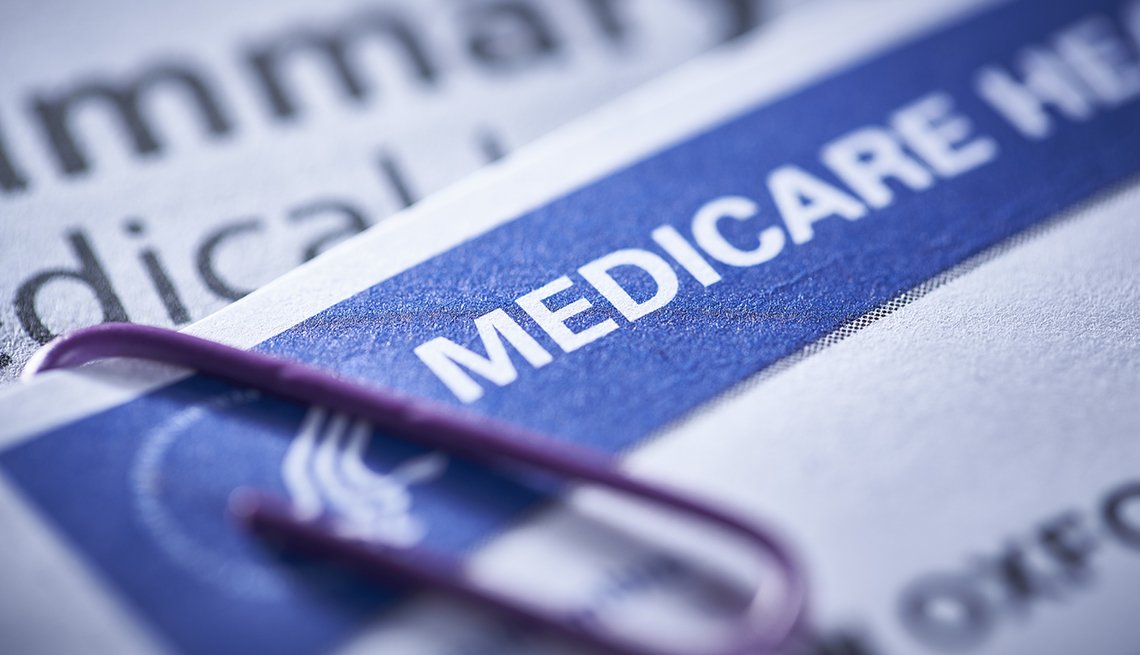December 2024 Newsletter
Amy: How much did Santa pay for his sleigh?
Michael: Nothing. It was on the house.
Friends,
I hope you enjoyed Thanksgiving and are getting ready to celebrate Christmas with your families.
If you still need help with your Medicare decision for 2025, The Annual Enrollment Period (AEP) runs through Saturday, December 7, 2024. Also, please keep in mind you can make a change from a Medicare Advantage plan to a different one or change to original Medicare with a drug plan in the first quarter of 2025 during the Medicare Open Enrollment Period (OEP) .
If you have a Special Enrollment Period (SEP) for January because your Aetna PPO was non renewed, then you have until Tuesday December 31, 2024 to enroll, but I’d prefer to be done by Saturday December 21, 2024.
If you still need help at this late date, please use my plan enroll link to enter your information or for drug plan changes you can consider using www.medicare.gov, then find health and drug plans.
Kind Regards,
Michael Antonini
What’s New
The 2025 Medicare Part B premium has been announced and it’s going to be $185, which is to the penny what I projected in my October newsletter.
The Part B deductible is going up from $240 to $257 in 2025. The Part D deductible is going up from $545 to $590, but the maximum out of pocket is only $2,000 and there is no more coverage gap in 2025.
Ask an Expert: Jeanne Dorin McDowell
Every individual — indeed, every individual body part — ages at a distinct rate. But there are things you can do that may slow aging or, at the very least, foster healthy aging. Here's what a day without aging might look like.
6–8 a.m. Wake up.
Waking up between 6 and 8 a.m. is generally in sync with your body’s circadian rhythm, which is the internal clock that regulates your sleep and wakefulness. The American Academy of Sleep Medicine recommends that you wake up no less than seven (and no more than nine) hours after you went to bed.7–9 a.m. Morning walk. Be sure to get some sunlight in the morning, which helps your body produce the vitamin D that may slow the aging process. Make a habit of walking the dog or doing light chores outside first thing in the morning, before the demands of the day trap you in your house, car or office.
9–10 a.m. Breakfast.
Start with a protein smoothie with mixed fruit. A high-protein breakfast is critical for maintaining muscle mass as we age, according to numerous studies. Research shows that getting 25 to 30 grams of protein in the morning is effective in preventing age-related muscle loss, also known as sarcopenia.
Noon.
Meditation. Any calming activity, such as yoga or prayer, can help reduce the risk of cognitive decline by activating the prefrontal cortex, an area of the brain that is diminished in those with cognition difficulties. A study in the Journal of Alzheimer’s Disease found that just 12 minutes of meditation daily could make a difference.
1 p.m. Lunch.
Have a mixed salad with salmon. A Mediterranean-style diet that is abundant in fruits and vegetables and omega-3-rich fish such as salmon can reduce inflammation, a culprit in biological aging, according to a review of studies in the journal Nutrients. Eating a wide array of plant foods boosts the microbiome, the master controller of gut inflammation.
3 p.m. Exercise.
Afternoon exercise may reduce the risk of premature death even more than morning or evening workouts, according to a study of more than 90,000 men and women published last year in Nature Communications. Walk briskly for 30 minutes or get some kind of cardio exercise at least five days a week, and use weights on the other two days.
4–6 p.m. Socialize.
Maintaining social connections is one of the pillars of antiaging, according to several studies. Social isolation in older people can increase the risk for dementia by about 30 percent, according to researchers at Johns Hopkins University School of Medicine and the Bloomberg School of Public Health.
6 p.m. Dinner.
Dine on vegetable tacos with brown rice and beans. Eating during an eight- to 12-hour window of the day and fasting for the remaining 12 to 16 hours (including sleep time) has been shown to have numerous advantages associated with longevity and decreased incidence of disease, including cancers. Lean heavily on vegetables, fruits, nuts, grains and legumes — then close the kitchen until morning.
10–11 p.m. Bedtime.
A U.K. study found that going to bed between 10 and 11 p.m. may reduce heart disease risk, especially in women. Other research indicates that deep sleep, which occurs from the hours of 10 p.m. to 1 a.m., represents the optimal time for the brain to clear out debris and reorganize itself.
Important Dates
AEP Through Dec. 7, 2024
Full Cold Moon: Sunday, December 15, 4:02 A.M.
Winter Solstice: Saturday, December 21, 2024 at 4:20 am EST (I will ask Amy if she will be my winter girl)
Merry Christmas and Happy Hanukkah 2024!
Happy December Birthdays and Anniversaries!
What did one ornament say to the other? I like hanging with you.
Amy: You really need to stop making these terrible dad jokes.
Michael: OK. But How?
Amy : Whatever means possible.
Michael: No it doesn’t.




